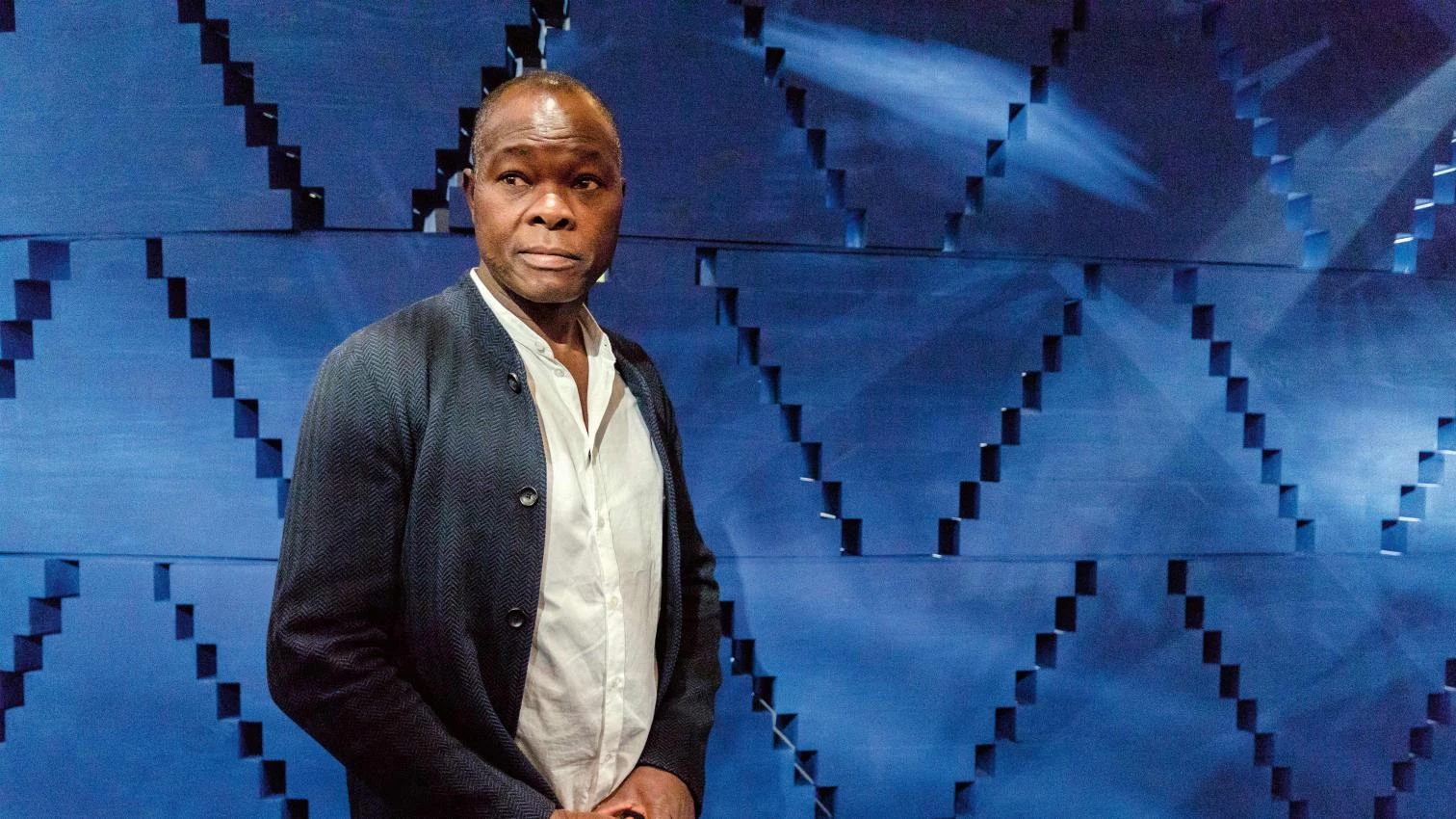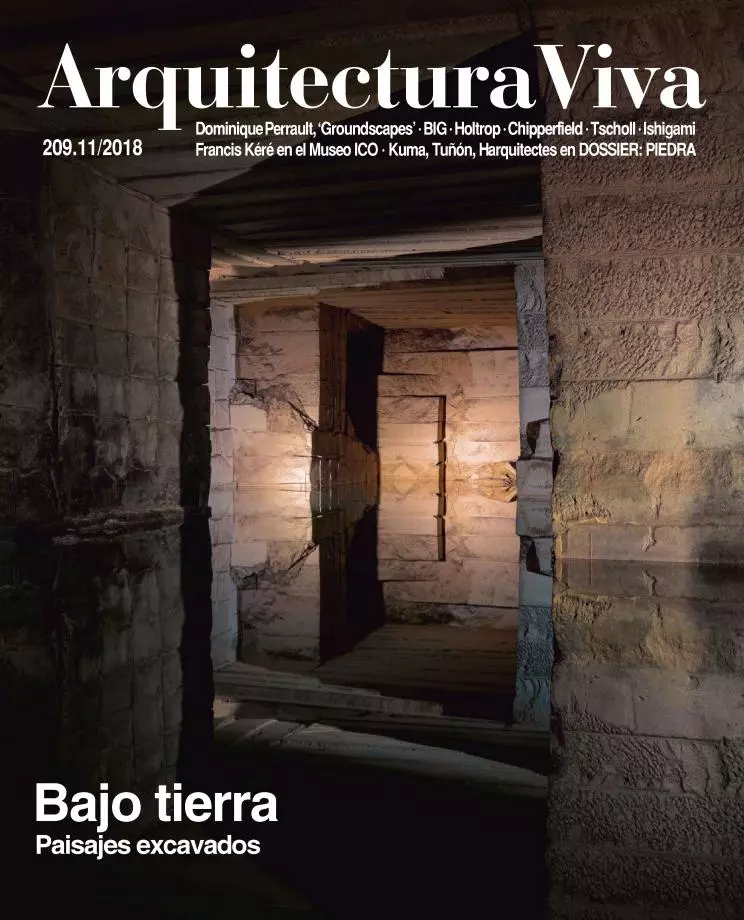
Francis Kéré is Burkinabè and Berliner. His work is deeply rooted in his home country, but he uses universal principles and elements that make it suitable for completely different contexts like that of his adoptive city. These primary elements were described during the 19th century in the texts of Gottfried Semper, and are vigorously present in the essential constructions of Kéré. Author of a body of work that is exemplary in the use of limited resources and sustainable techniques, this African and German architect has become the leader of a new generation determined to make the world better by working for those who have less.
From the school built in his native village, which merited the Aga Khan Award for Architecture for its successful combination of ethical commitment and aesthetic excellence, to the 2017 Serpentine Gallery pavilion in London, which won him international acclaim, Kéré has walked the distance that separates the dry plains of Burkina Faso from the lush vegetation of Kensington Gardens, maintaining both his personal integrity and his sense of community... [+]





